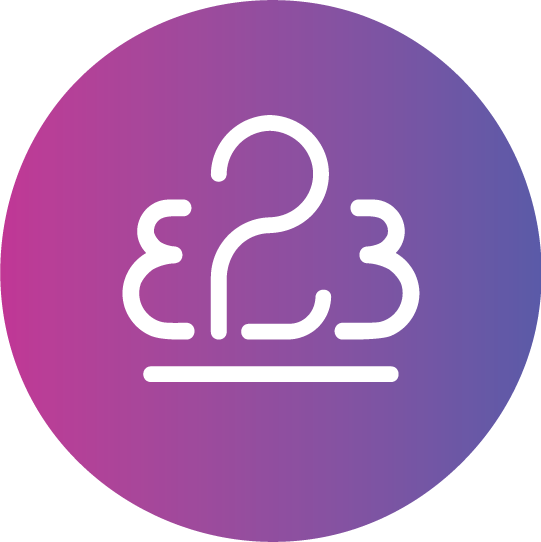
Once upon a time, I used to fill my conversations with extra details that weren’t always necessary. Thanks to my extensive banking experience and coaching, I changed it and made my communication more efficient. Was it a simple process? Not at all.
So, why is too much context an issue?
We often give too much background information when we share our stories or opinions. While we might think this helps, it usually frustrates the listener, who just wants clear and concise information. Instead of getting to the point, we end up wasting time.
You know the case- asking for a simple piece of information and receiving a long, detailed story instead. This is not only frustrating but also inefficient, especially in professional settings where time is precious.
Why do people give too much context?
- They seek clarity: Some believe that more context makes their point clearer. They think a detailed background helps the listener understand better.
- They are insecure: People might over-explain because they are not confident in their main point and want to cover all bases.
- They want to show off: Sometimes people just want to show how important, indispensable, and influential they are.
- It easily becomes a habit: Over time, some develop the habit of giving too much context without even realizing it.
- They think they build connections: People sometimes share more to build rapport and show empathy.
How to fix it? To avoid wasting time and communicate more effectively, try these strategies:
- Start with the main point: Give the essential information first. If more details are needed, add them briefly.
- Be aware: Notice if your listener seems impatient or confused. This is a sign to keep it brief.
- Ask for feedback: After sharing your information, ask if more details are needed. Let the listener guide the conversation.
- Redirect gently: If someone else is giving too much context, gently steer the conversation back. Use phrases like, “What do you think if we go back to the beginning?” or “I notice you’ve given a lot of details; could we focus on the main point?”
- Practice: Clear communication is a skill that improves with practice. Summarize your main points before speaking and focus on clarity.
Long story short: while context can be useful, too much of it can be counterproductive. Clear and concise communication saves time and reduces frustration. Next time, try to get straight to the point. If you meet someone who tends to over-explain, guide them kindly toward more concise communication. This way, we all make the most of our time – and thus become much happier and more productive.











